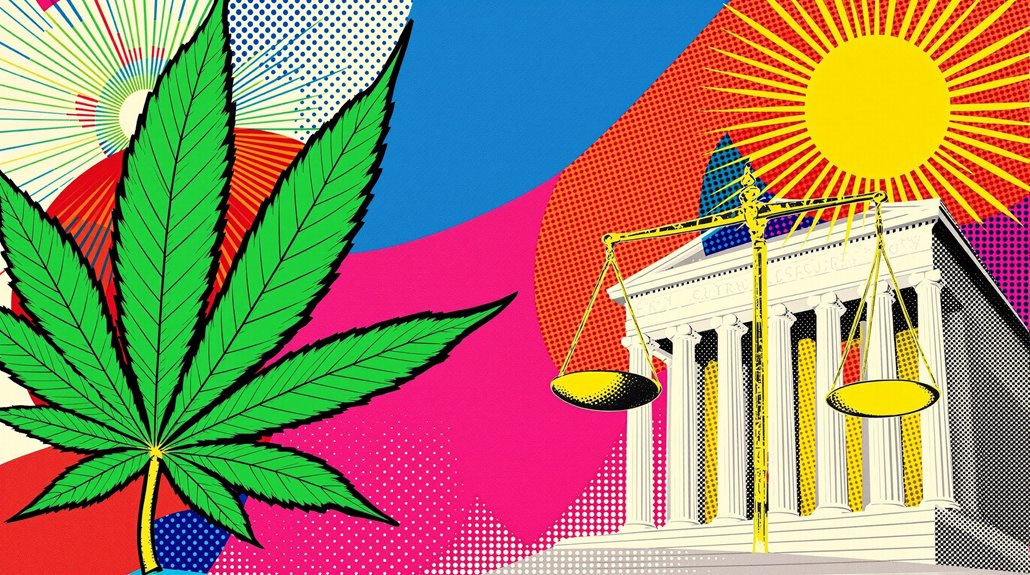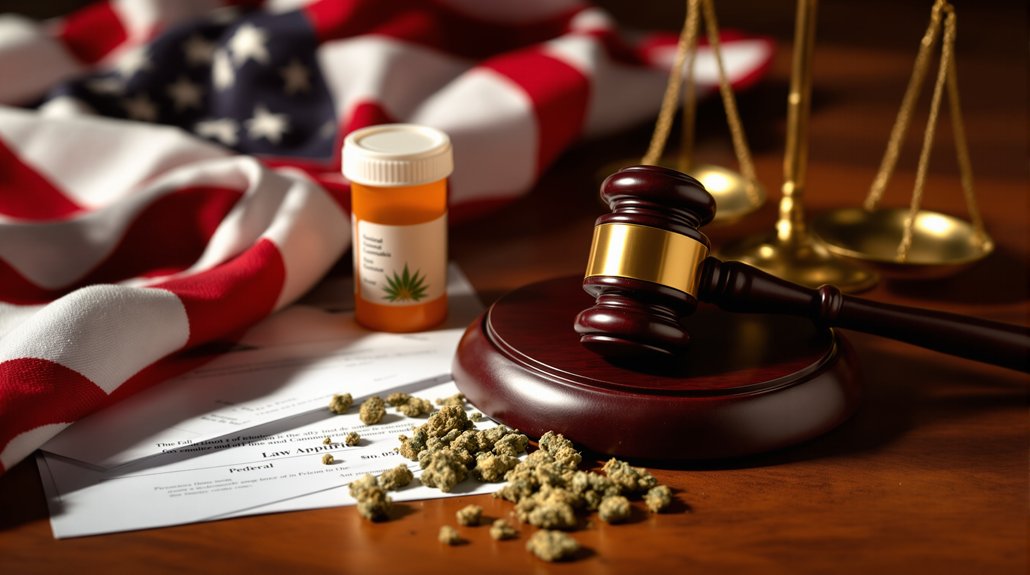President Trump is weighing a historic shift in federal marijuana policy, confirming in August 2025 that his administration is actively considering relocating cannabis from Schedule I to Schedule III under the Controlled Substances Act. This proposal represents a dramatic departure from decades of federal policy that has classified marijuana alongside heroin and LSD as having no accepted medical use and the highest potential for abuse.
The rescheduling review builds on groundwork laid by the Biden administration in 2022, though little substantial progress occurred before the alteration. Trump’s consideration comes amid overwhelming bipartisan momentum at the state level, with 24 states plus Washington D.C. legalizing recreational marijuana and 40 jurisdictions permitting medical use. The numbers tell a compelling story of shifting public sentiment.
Moving marijuana to Schedule III would place it in the same category as anabolic steroids and ketamine, acknowledging accepted medical uses while recognizing lower abuse potential. However, this change wouldn’t legalize recreational cannabis federally. State-level prohibitions would remain intact, potentially creating confusion among the public about what’s actually legal where.
The implications for businesses and research are significant. Schedule III classification would eliminate punitive 280E tax restrictions that have strangled legal cannabis companies, while opening access to traditional banking services and reducing compliance costs. Research barriers would crumble, allowing expanded scientific studies into marijuana’s medical applications and side effects. Studies suggest benefits for multiple sclerosis and PTSD symptoms. The reclassification also addresses a key obstacle as complex botanical forms of cannabis have presented unique regulatory challenges under current frameworks.
Trump made history as the first major-party nominee to endorse a state recreational cannabis amendment, supporting Florida’s Amendment 3 in September 2024. Yet his administration faces internal contradictions. Key appointments signal mixed priorities: DEA administrator nominee Terrance C. Cole opposes reform, while HHS Secretary Robert F. Kennedy Jr. maintains a complicated record on cannabis policy.
The MAGA movement itself remains fractured on the issue. Libertarian-leaning supporters emphasize marijuana’s medical value and personal freedom arguments, while traditional conservatives worry about negative social consequences and cultural implications. High-profile Trump allies have publicly opposed loosening federal restrictions. Trump has acknowledged marijuana’s potential medical benefits for pain relief, despite expressing conflicting views on the substance’s overall effects.
For patients, Schedule III designation could revolutionize access through easier prescription processes and potential insurance coverage. Clinical trials examining marijuana’s effectiveness for pain management, mental health conditions, and other ailments would expand dramatically.
The cannabis industry watches nervously as bureaucratic machinery slowly grinds forward. Trump’s review reflects political reality more than personal conviction, acknowledging that federal policy has fallen woefully behind state-level innovation.
Whether this consideration translates into actual policy change depends largely on managing the administration’s competing factions and federal agency resistance.










